

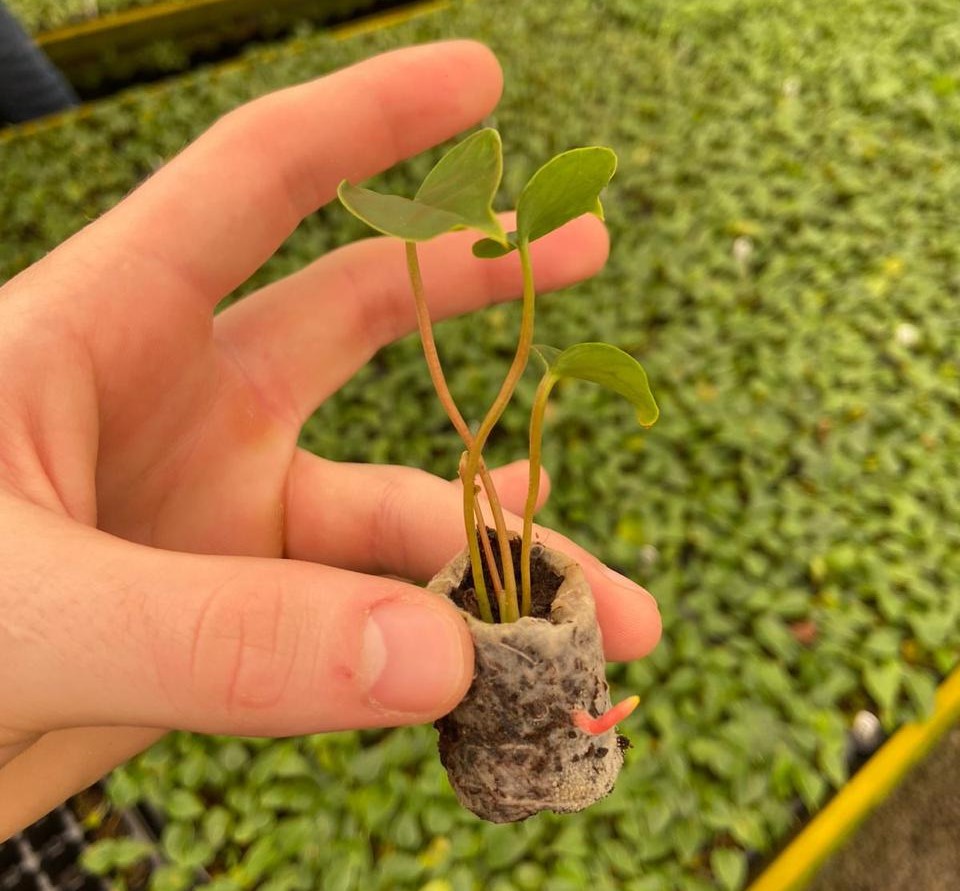
Film based on algae and nanocellulose created at the Federal University of São Carlos is safe for the environment, reduces nutrient loss, and could replace microplastics in agriculture.
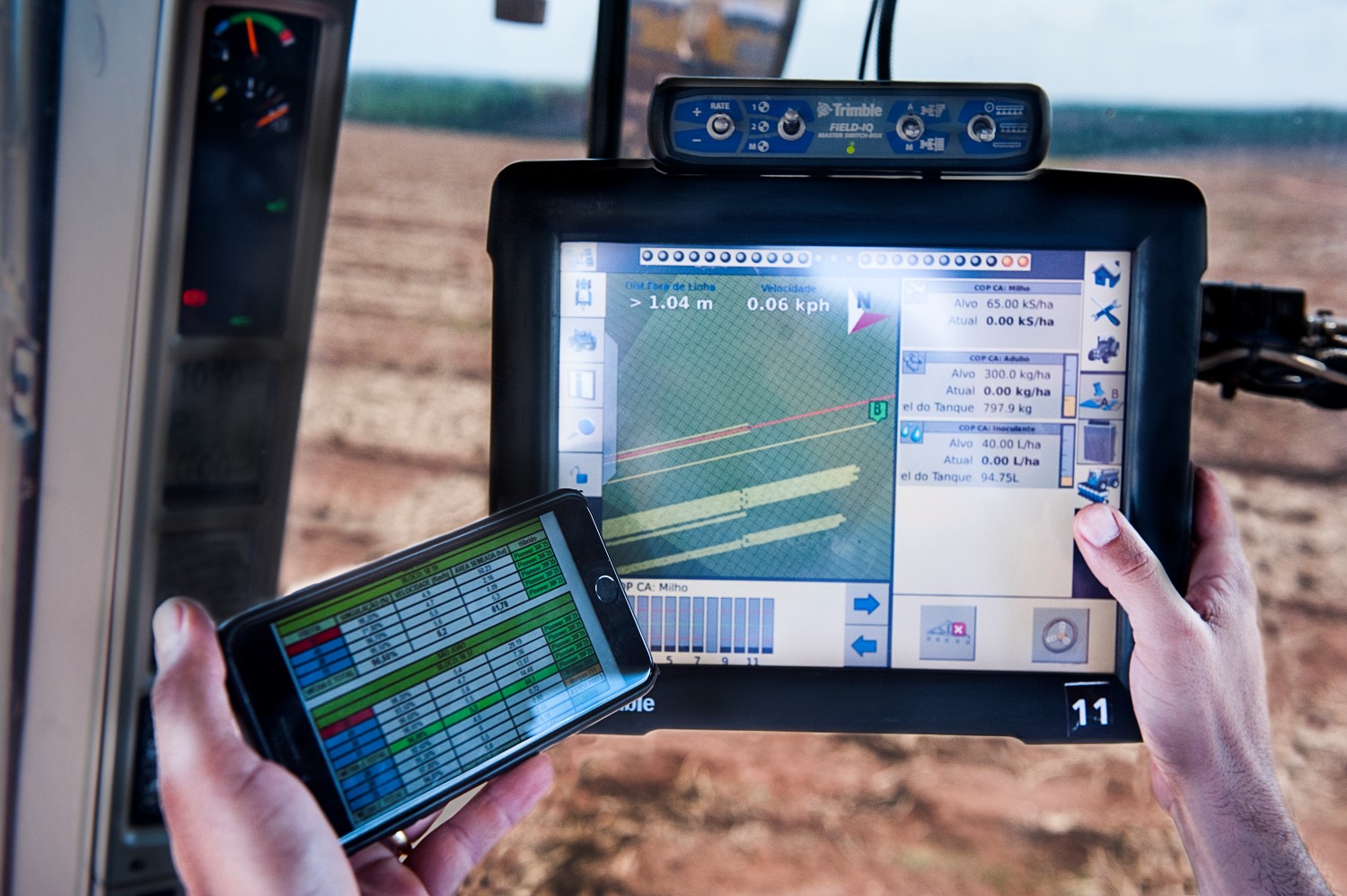
Some of the results of research in areas such as agriculture, health, technological entrepreneurship, and public policy were presented during a seminar at the Foundation.
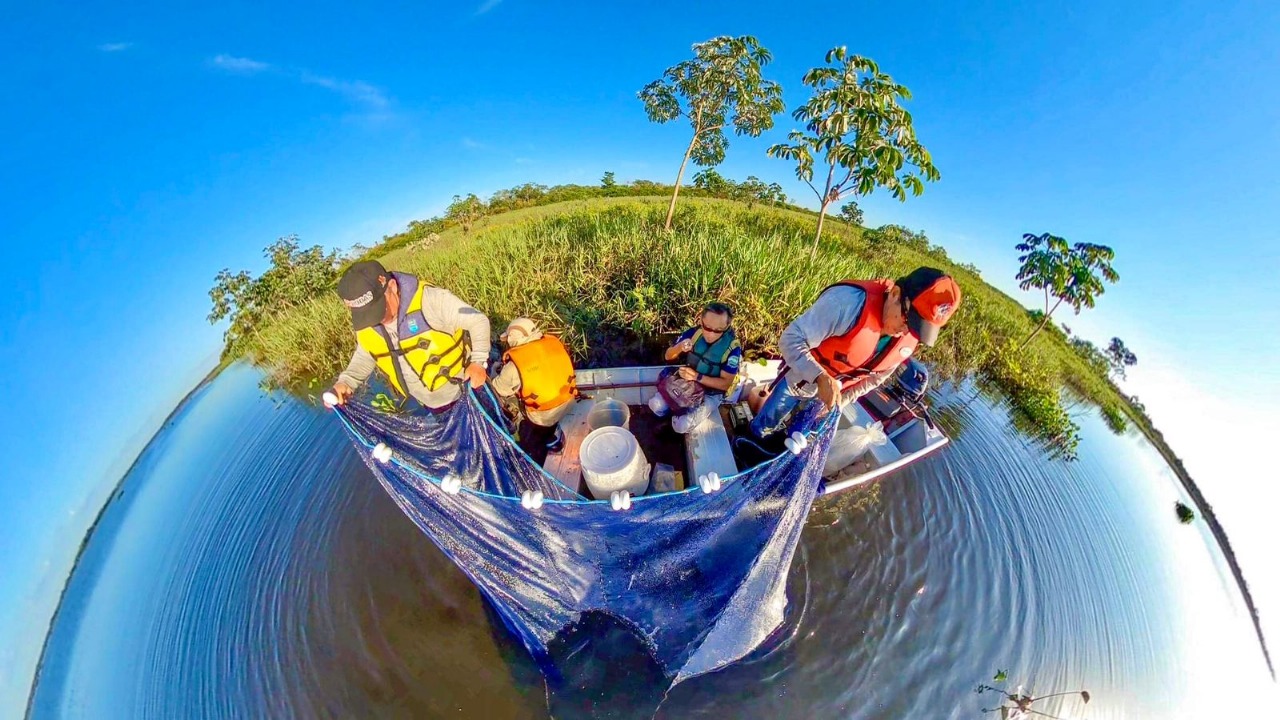
An analysis of data collected over 20 years in the upper stretch of the river shows a 50% loss in economic gains from fishing. Native fish have become smaller and smaller. Conversely, invasive species, which have a lower market value, are becoming more abundant. The phenomenon has been accompanied by a loss of vegetation cover on the riverbanks.
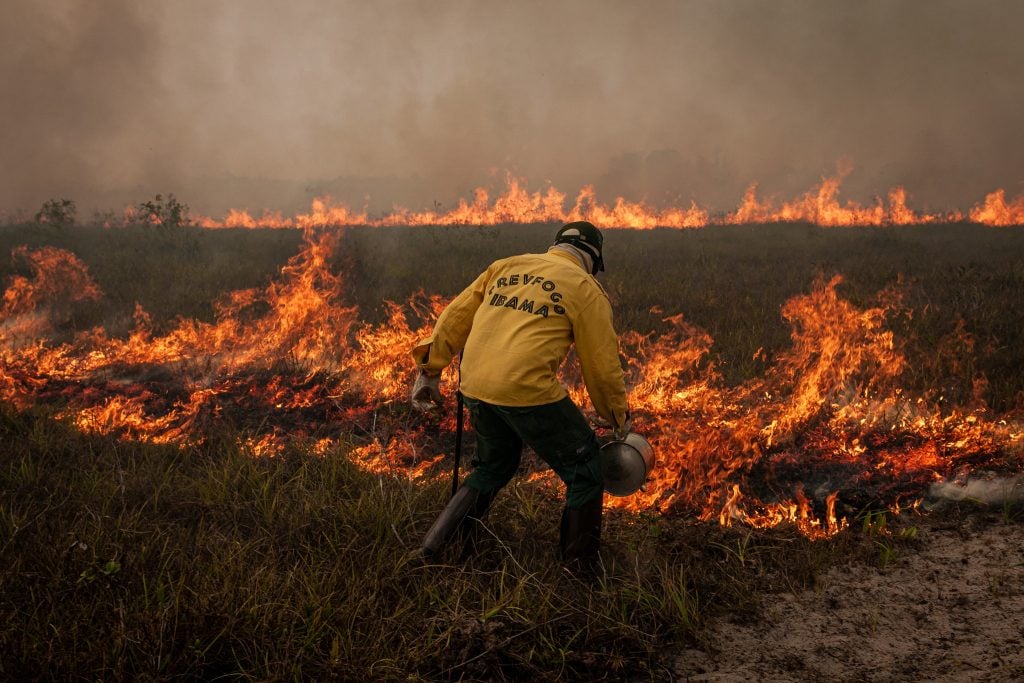
“Negative balance” of biome protection recorded between 2022 and 2024 could jeopardize Brazil’s international goals, warn Brazilian researchers and their international collaborators in the journal Global Change Biology.
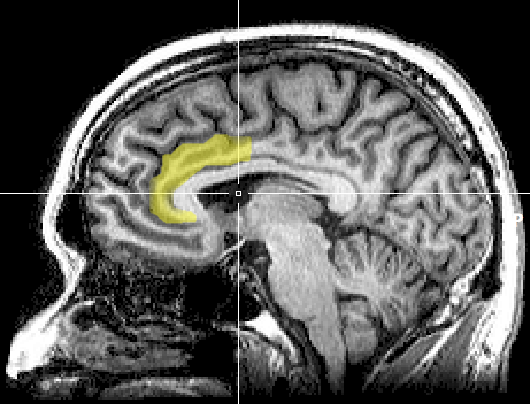
Three promising brain stimulation methods used in medical practice and academic research.
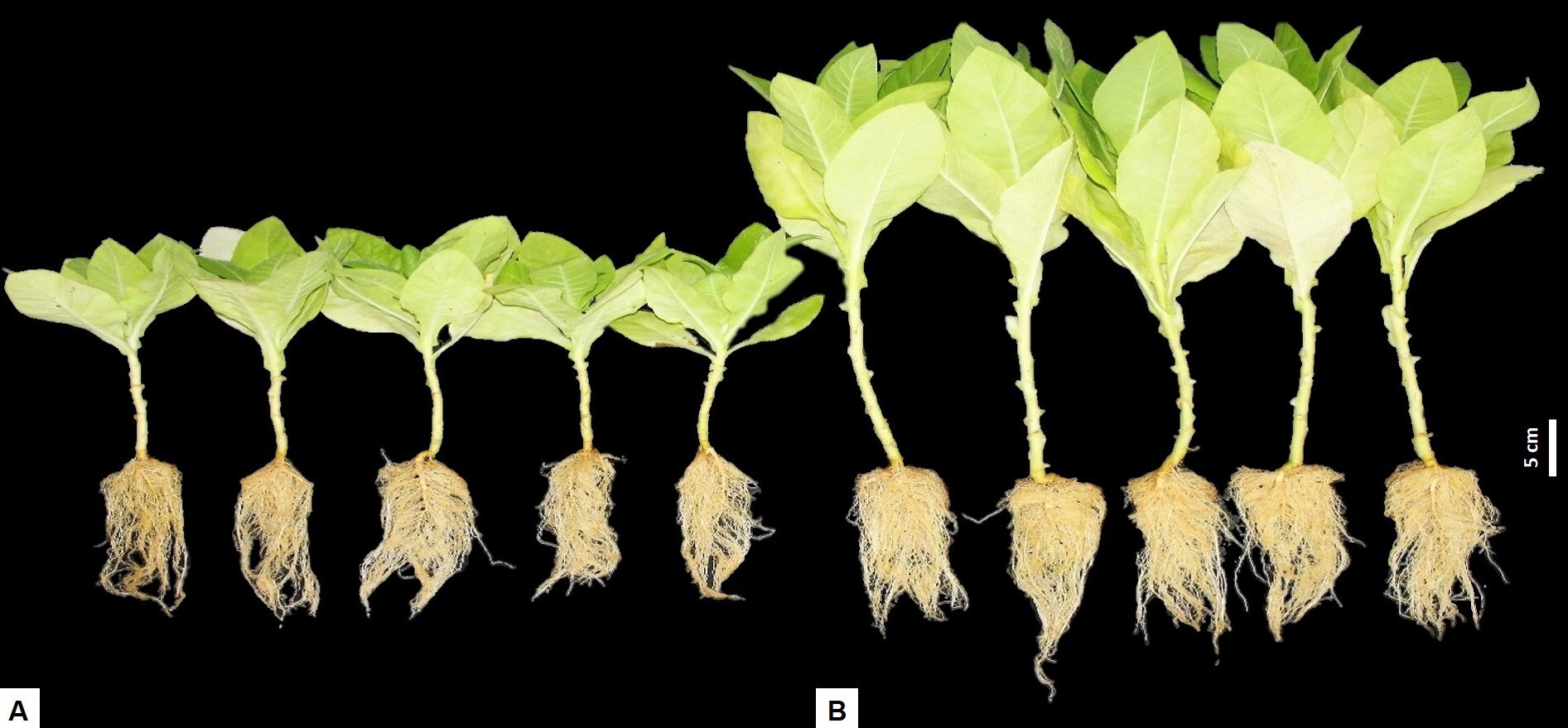
The solution is produced using chalcone, a chemical substance from the flavonoid family, and has the potential to be used in agriculture and forest restoration.
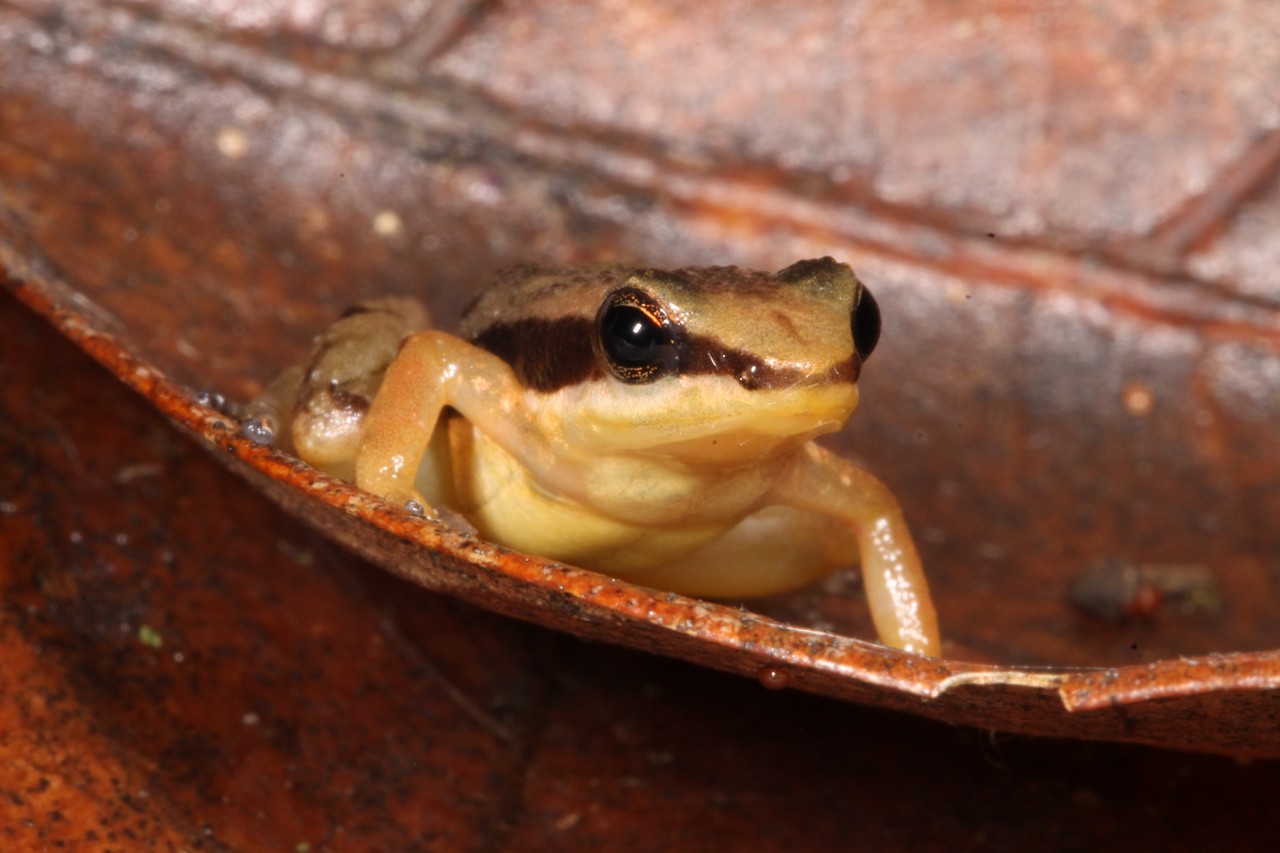
Researchers at the University of São Paulo extracted genetic material from animals kept in museums for a hundred years and from others living in the wild and concluded that they are a new genus with at least a dozen species. The group is working quickly to identify them all and direct conservation efforts in the Atlantic Forest, where they live.
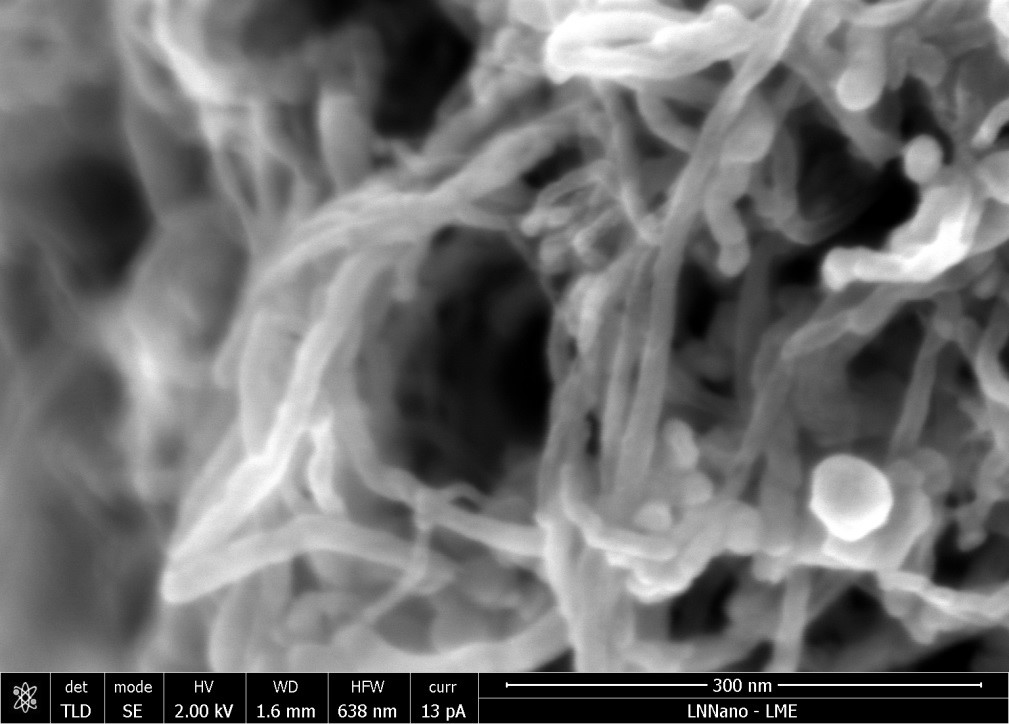
Researchers at the University of São Paulo and Sapienza Università di Roma obtained the material without the need for high temperatures. The product has many potential applications, ranging from electronics to cosmetics.
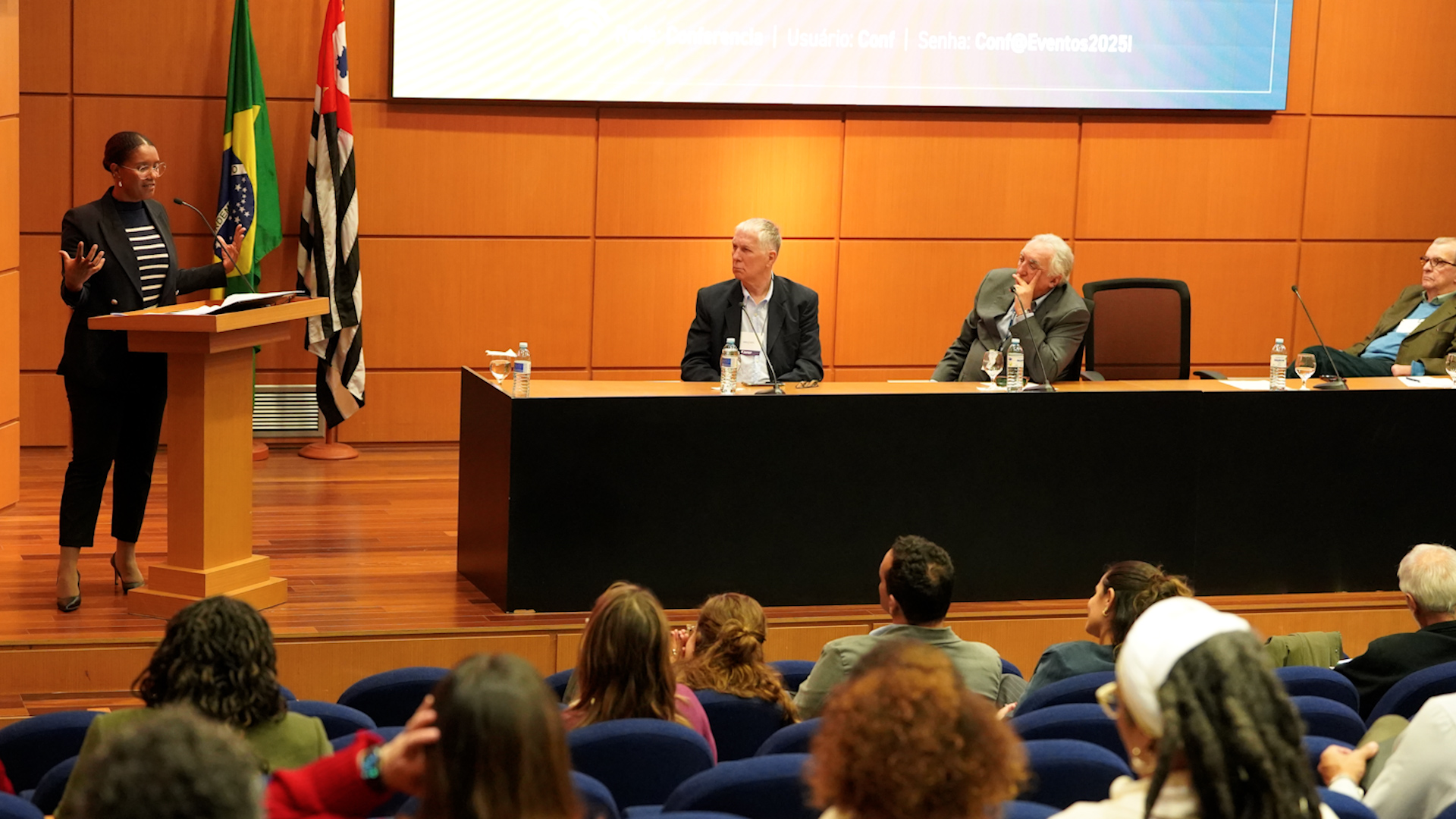
Eurídice Monteiro, the former Secretary of Higher Education in Cape Verde, delivered the 5th FAPESP 2025 Conference. She argued that science is a tool for liberation, grounded in African contributions, cognitive justice, and South-South integration.
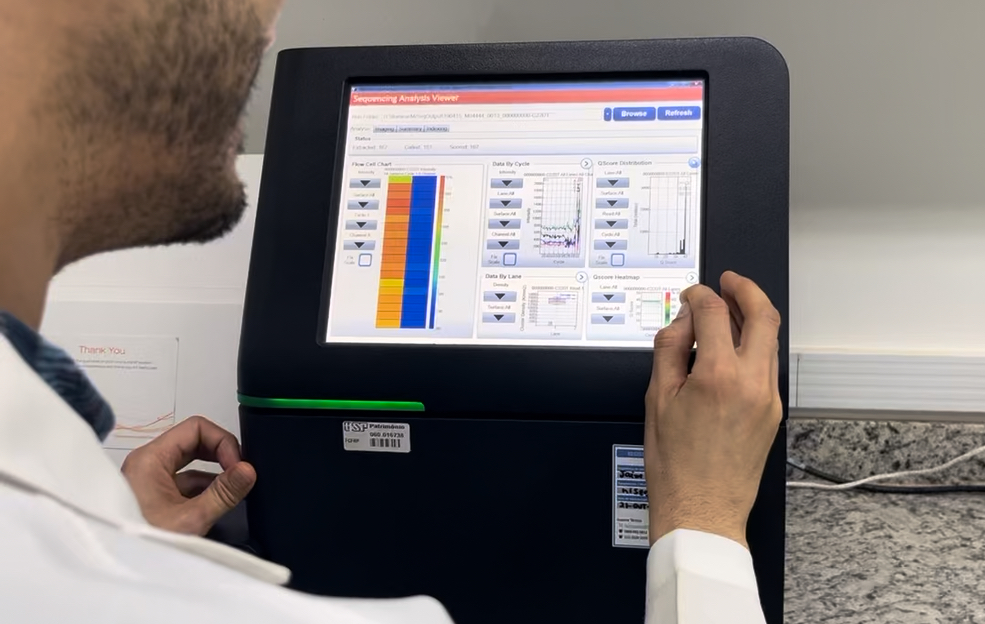
Developed at the University of São Paulo, the model uses protein expression to create a stemness index that analyzes the similarity of tumors to pluripotent stem cells. The article was published in Cell Genomics.
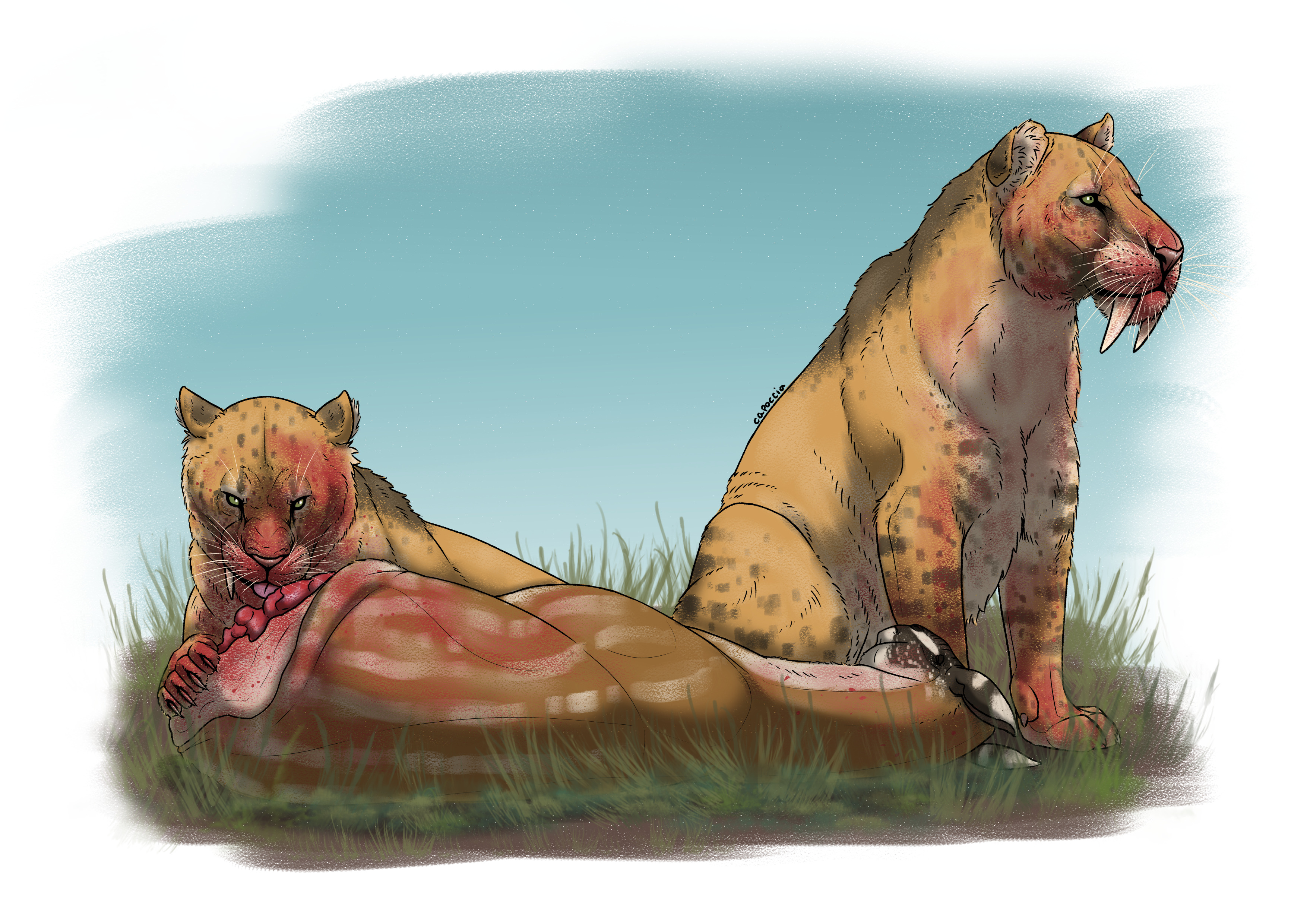
Cross-referencing climate data and fossils from around 15 million years ago shows that the decline in prey availability may have played a role in the extinction of these felines. Another study cites competition with elephants and an increase in predators as factors that reduced the once diverse antilocaprids to a single species today.
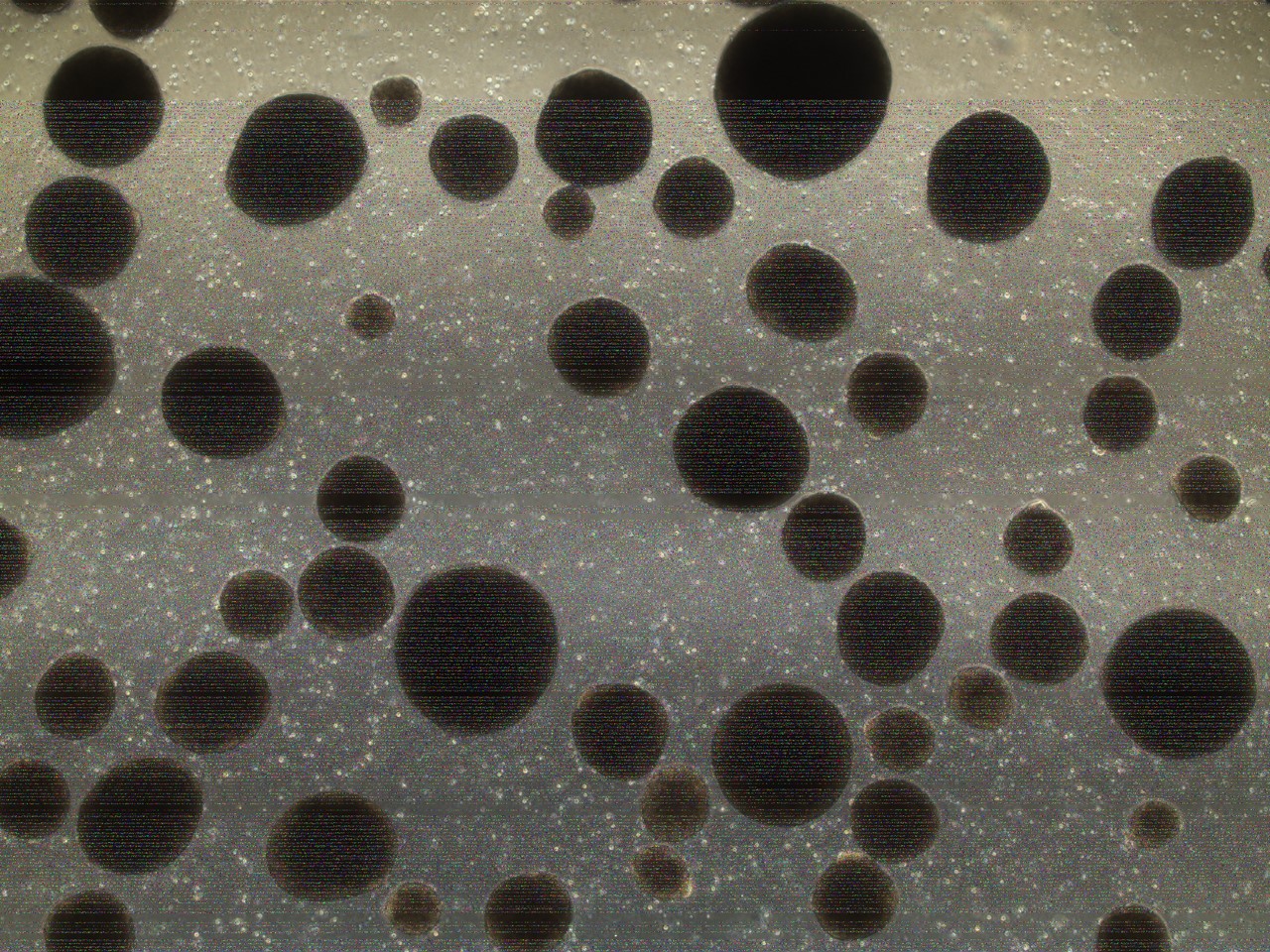
Organoids were developed from the blood cells of centenarians who are part of a project conducted at the Human Genome and Stem Cell Research Center to discover genes that protect the brain from the effects of aging.
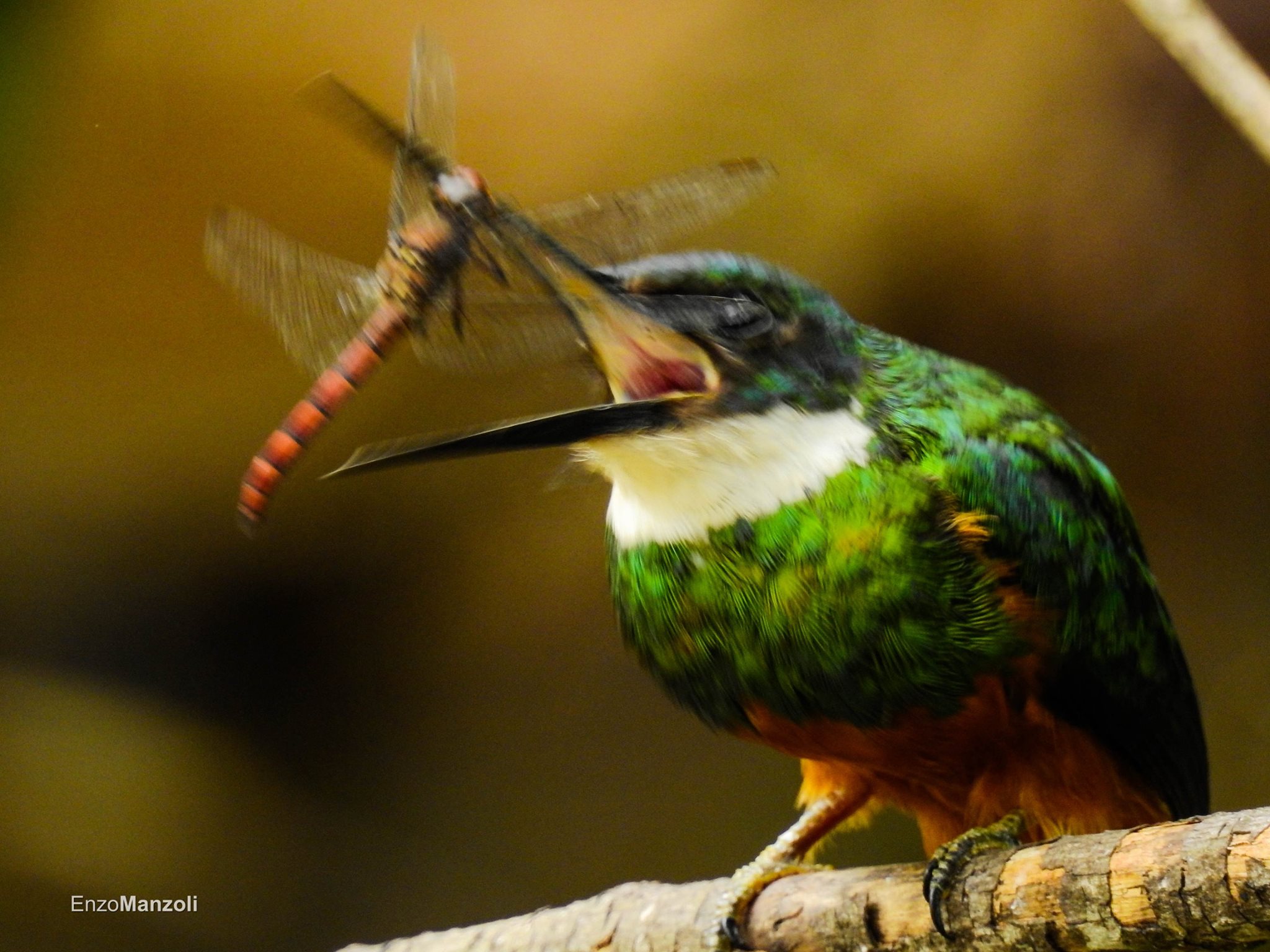
According to a study conducted by researchers in the state of São Paulo, Brazil, more deforested areas have fewer species that are more similar to each other and perform the same ecological functions. The authors say this phenomenon compromises the resilience of the ecosystem.
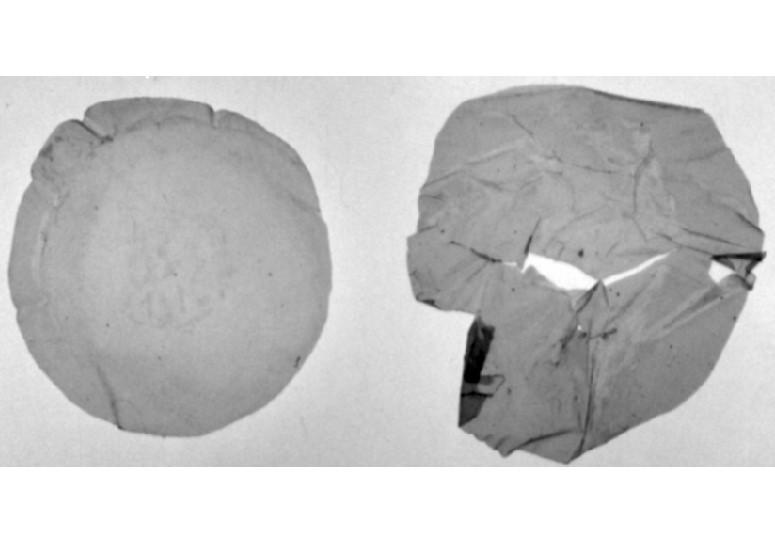
Called BR4, the microorganism breaks down PET and produces PHB, a high-quality biopolymer that can be used to manufacture sustainable packaging and for biomedical applications.

Based on the analysis of the genotypes of 500 volunteers, the research project aims to develop a panel of prognostic biomarkers and differentiate Alzheimer’s disease from other types of dementia using blood tests.
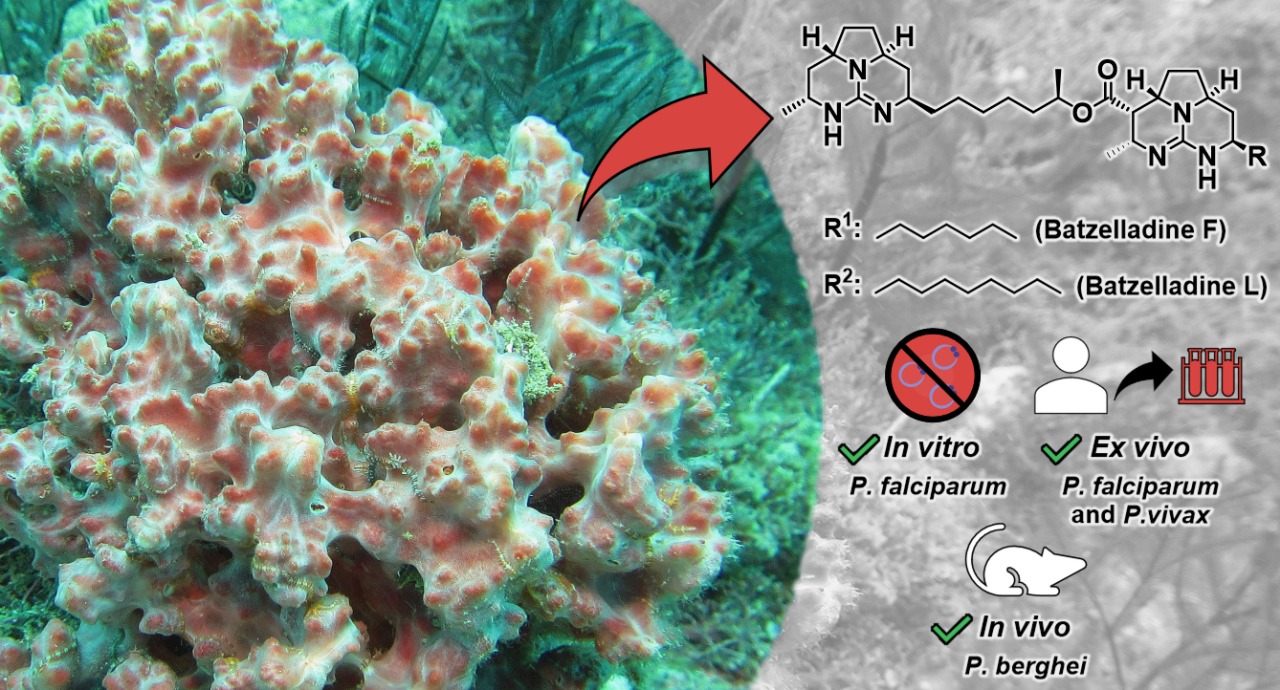
In pre-clinical tests conducted at the University of São Paulo, compounds called batzelladins were effective even against strains of Plasmodium that are resistant to conventional antimalarial drugs.
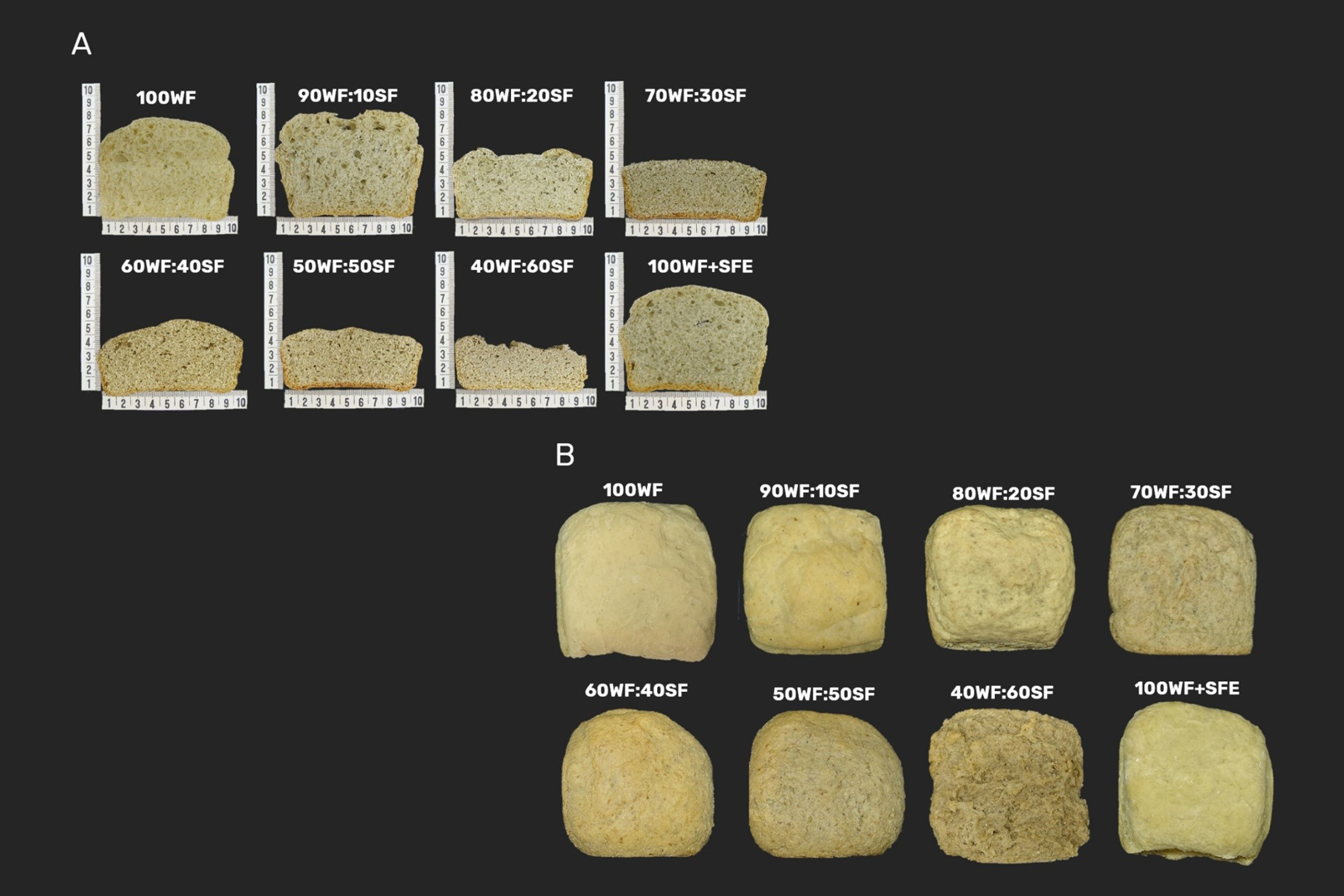
A study by Brazilian scientists shows that a by-product of industrial sunflower oil extraction can be used to produce functional breads with high nutritional value.
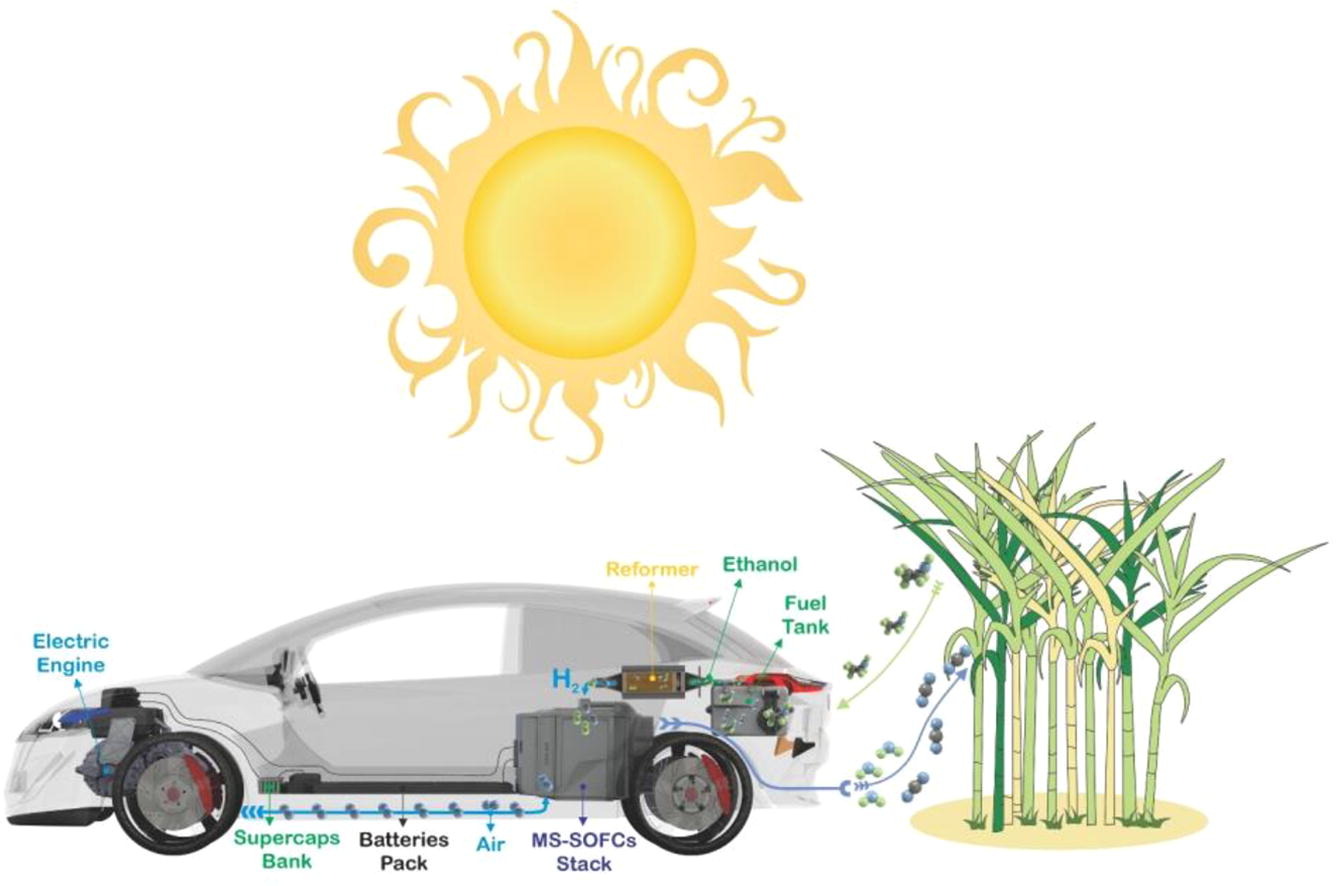
In a review article, researchers highlight the challenges that must be overcome to increase the performance and lifetime of MS-SOFC fuel cells while reducing the cost and environmental impact.
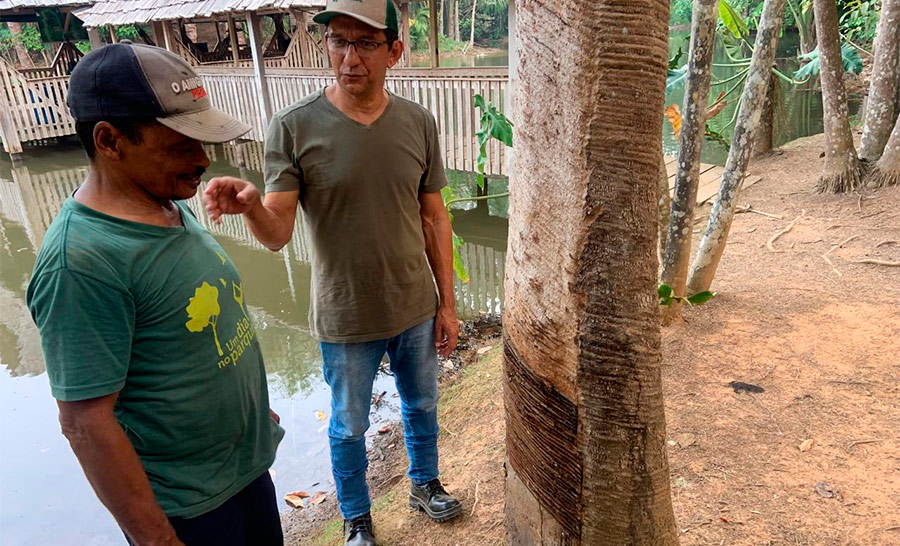
A project in the Chico Mendes Extractive Reserve shows that rubber provides adequate income to sustain livelihoods and conserve the forest. However, nut collection yields low pay, which contributes to the adoption of unsustainable practices such as extensive cattle ranching.
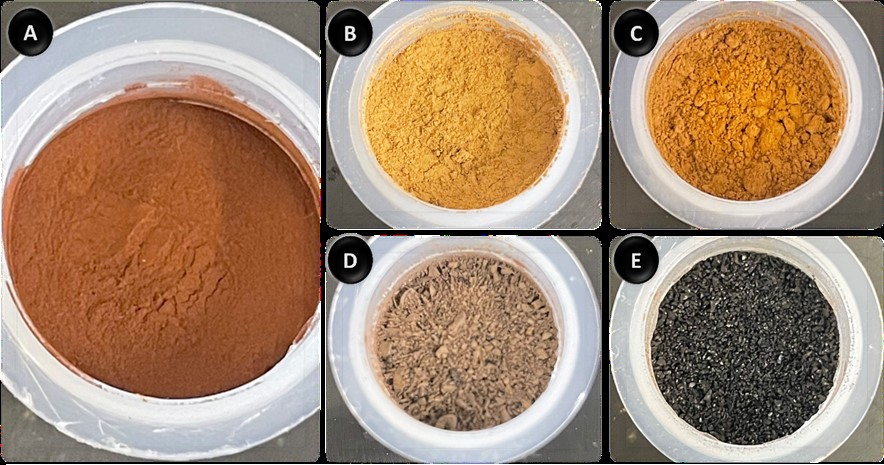
Acetic acid, a component of vinegar, was used by researchers in the state of São Paulo to fractionate kraft lignin. The method produces nanoparticles with different properties, including UV protection.
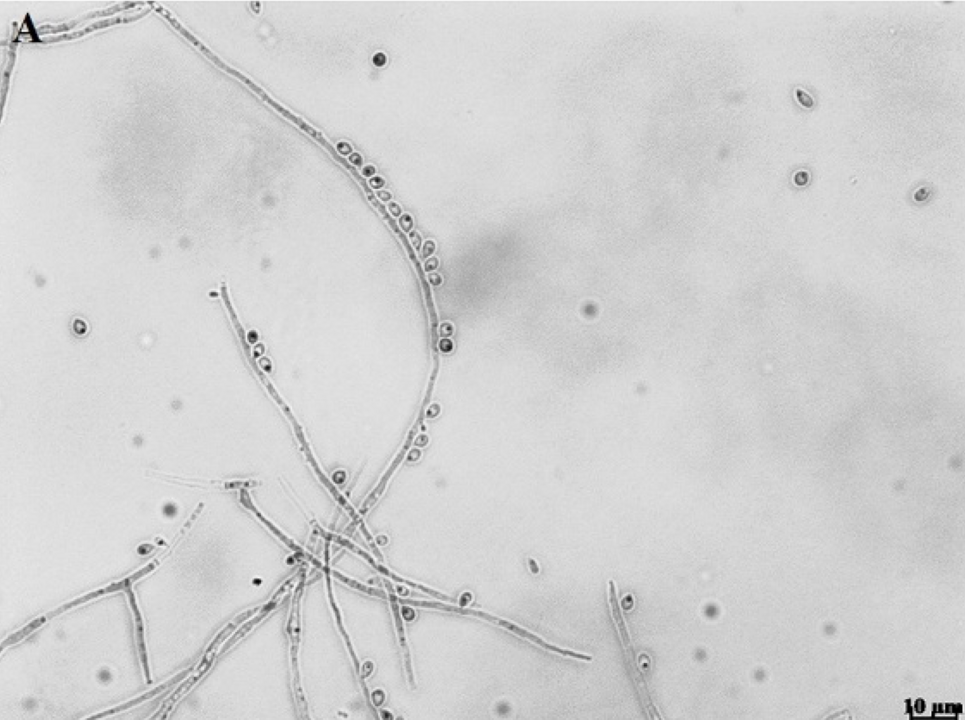
FAPESP will begin supporting the Latin American Center for Medical Mycology, a global network of laboratories led by the University of Exeter in the United Kingdom, which also has a unit in South Africa and will soon open another in Asia. Over five years, the foundation will contribute approximately £ 750,000, while the British institution will invest an additional £ 1 million.
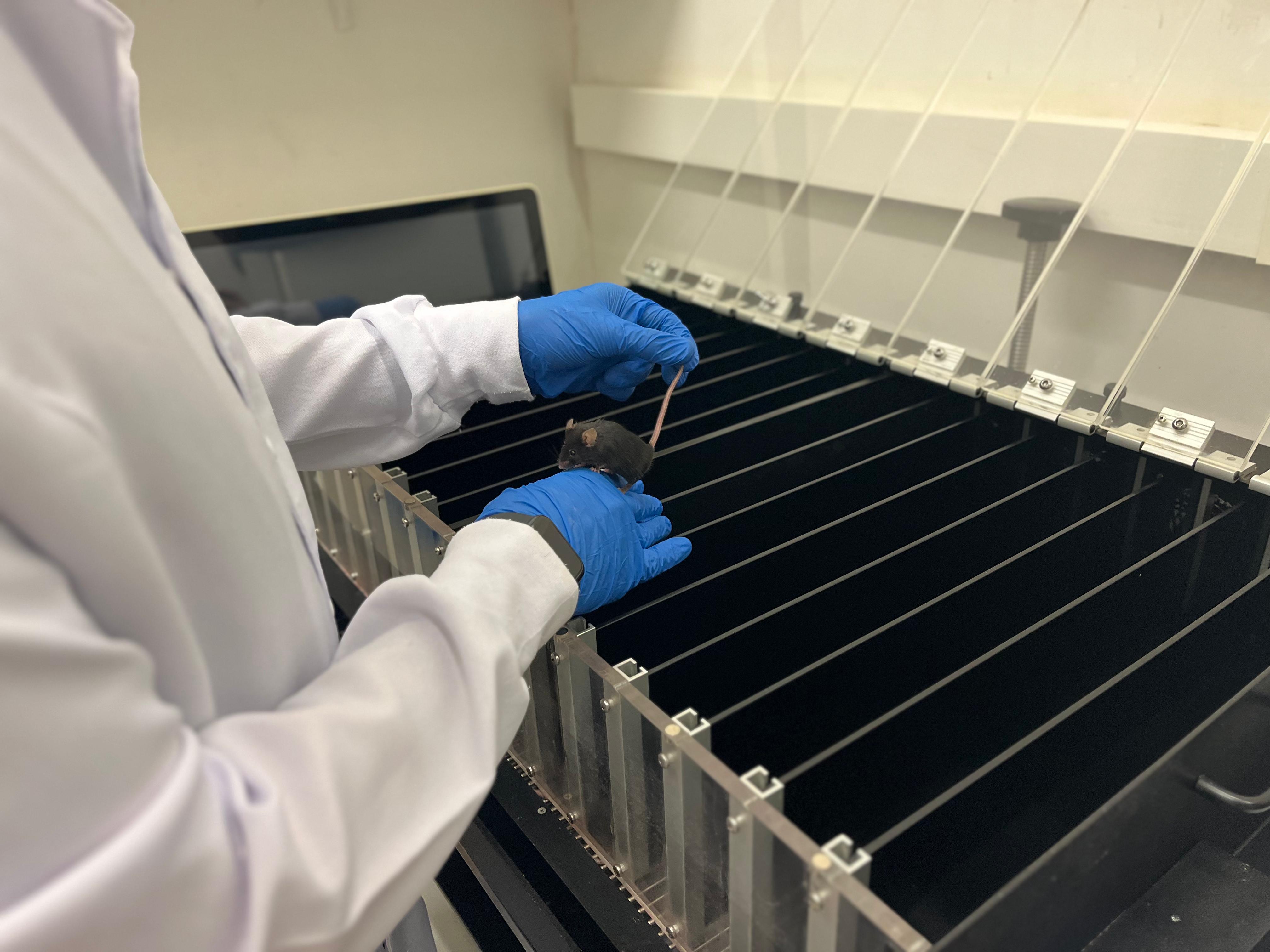
In tests with rodents, researchers from the State University of Campinas and their collaborators found that hyperactivation of the PARP1 protein after exhaustive training was associated with decreased performance, fatigue, and behavioral symptoms of overtraining. Animals treated with a drug that inhibits the molecule’s activity did not exhibit the condition.

A pilot intervention project involving playful activities that engaged motor skills and cognition showed promising results in improving eye movements and reading speed in eleven children with dyslexia.
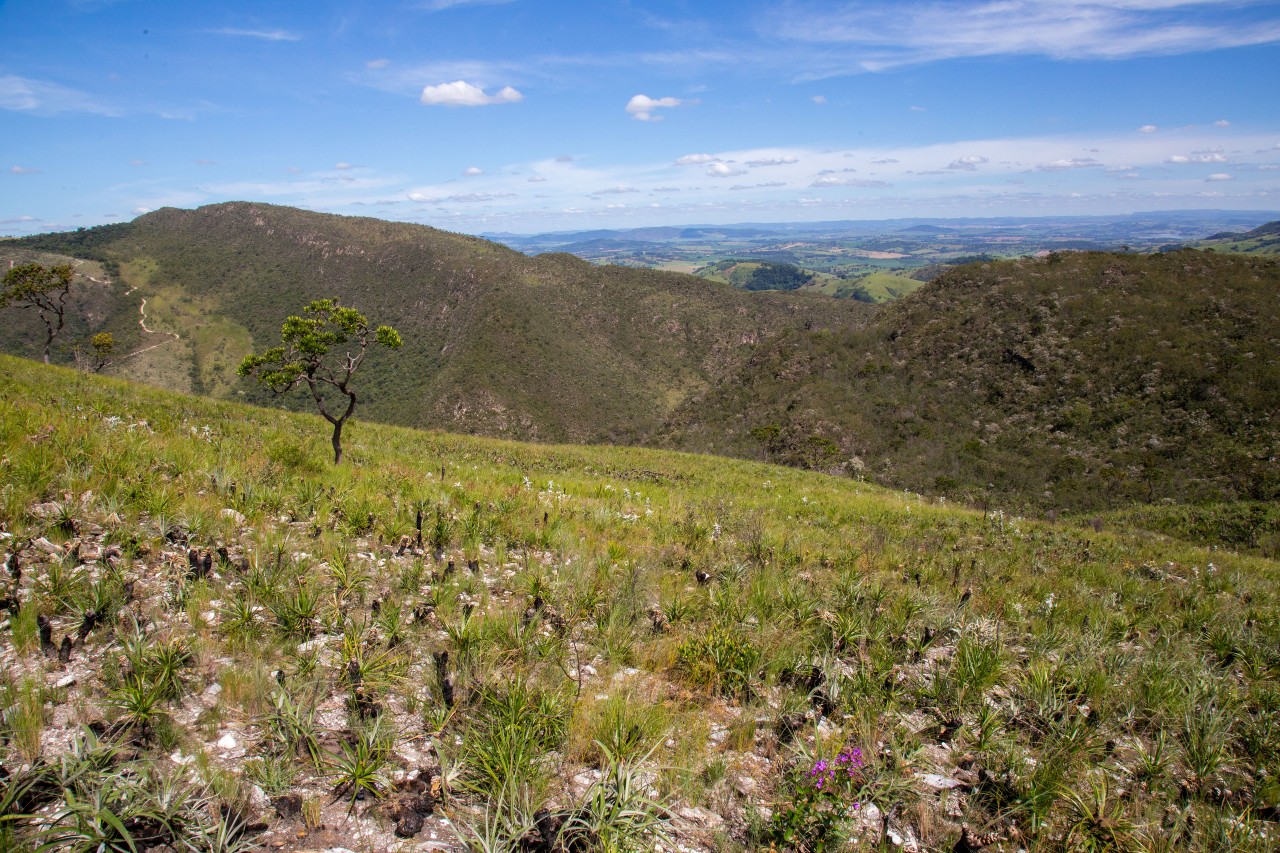
Researchers at a FAPESP-supported research center have combined innovative techniques to determine the chromosome number of species of the genus Vellozia, typical of this montane savannah ecoregion. The result provides support for conservation programs and biotechnological applications.
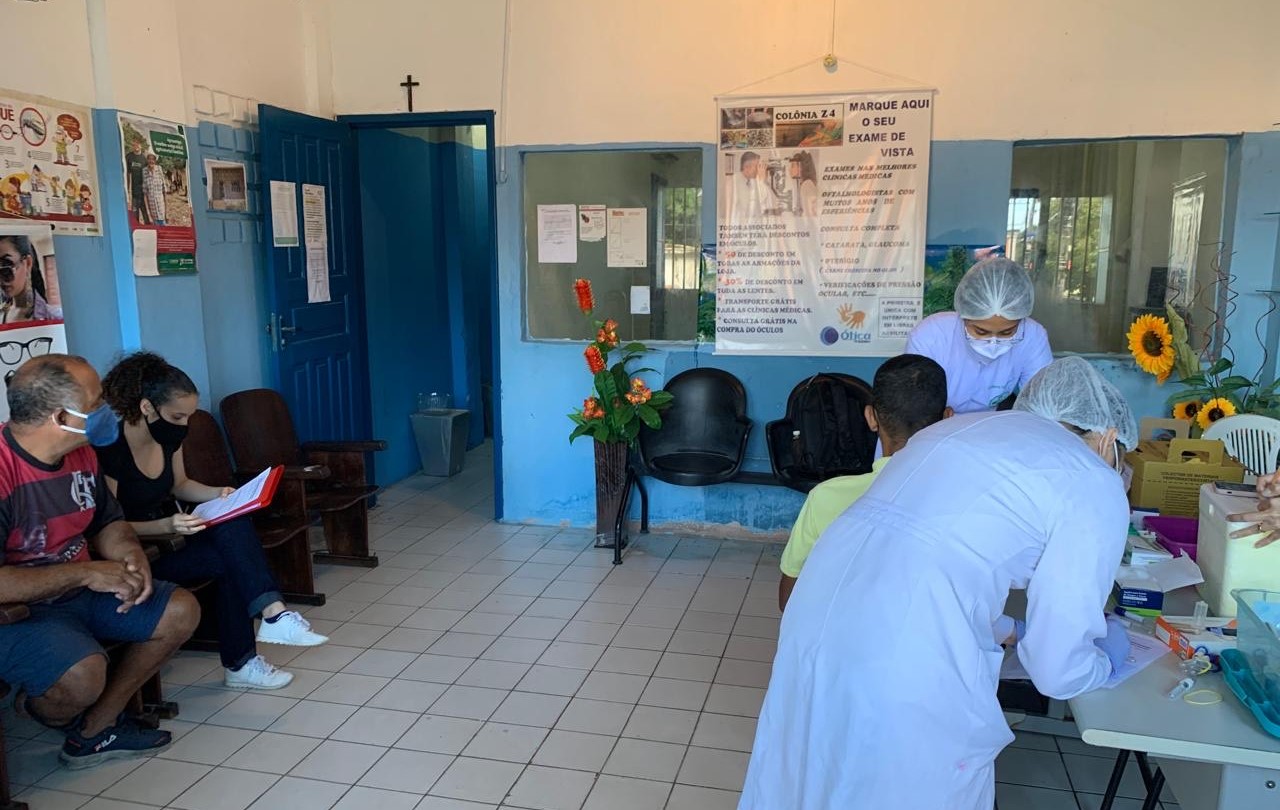
Blood and urine analyses of the population living in the Mundaú lagoon complex revealed a greater presence of chemical contaminants and metabolic alterations that can exacerbate chronic diseases, such as diabetes and hypertension. These results underscore the need to monitor the health of the inhabitants and control the sources of contamination.